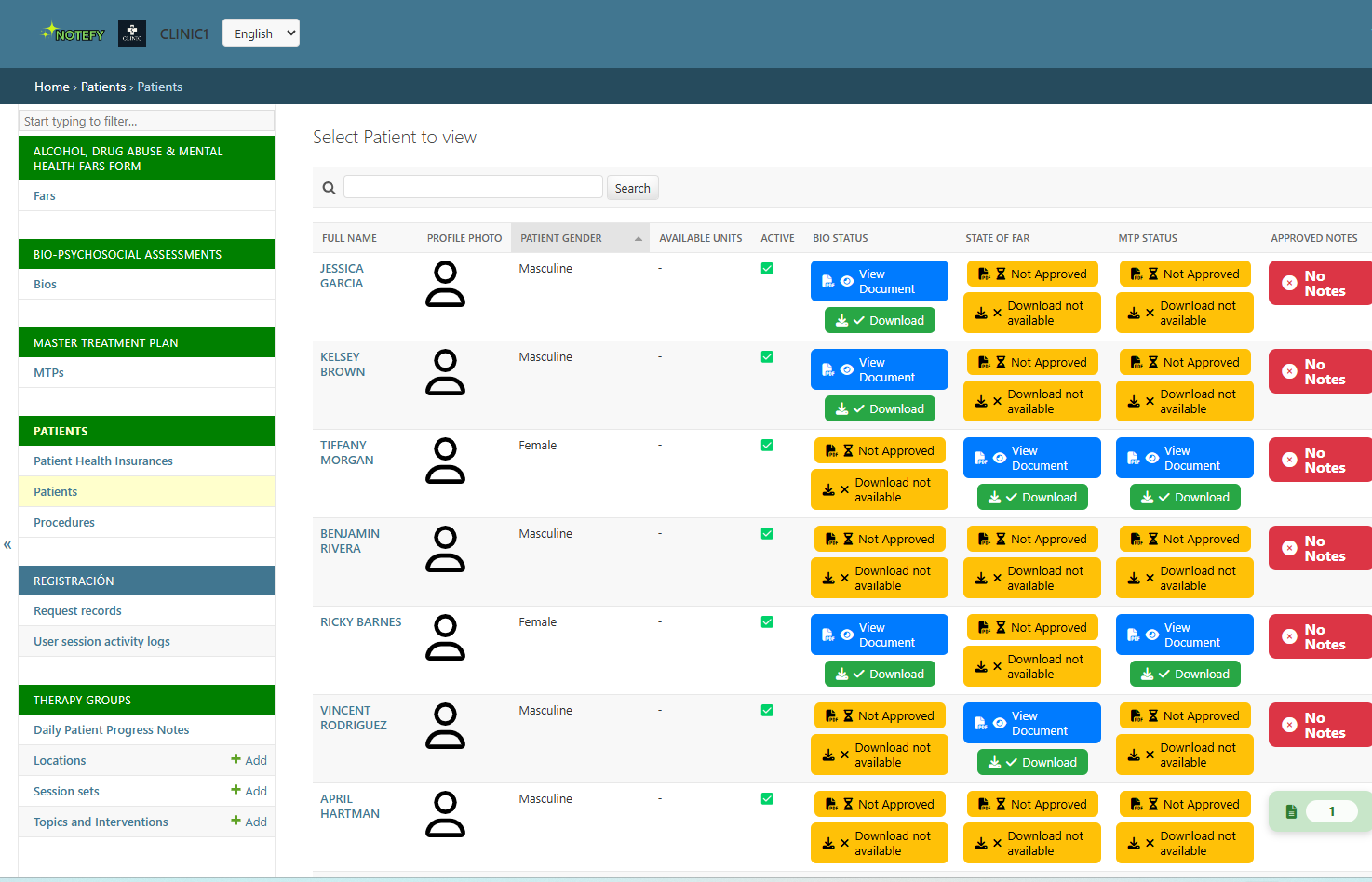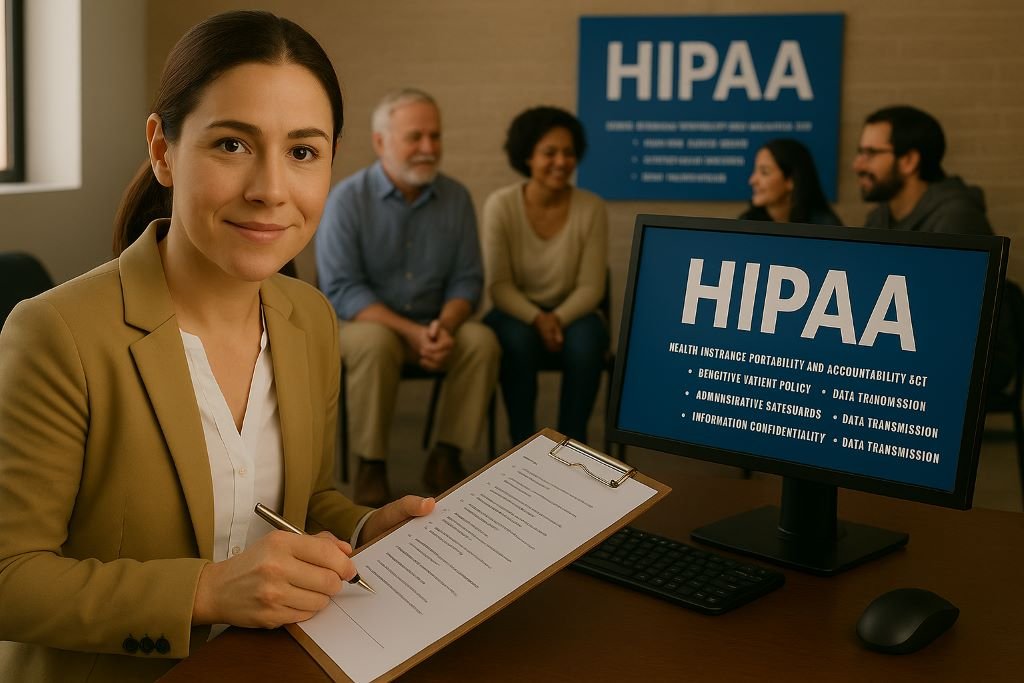HIPAA in Psychosocial Rehabilitation: Complete Guide for Your Clinic
Learn how HIPAA in psychosocial rehabilitation protects patient data throughout assessments, group therapy, and telehealth—best practices for compliance, privacy, and security with Notefy.
In psychosocial rehabilitation, every interaction—from the first clinical assessment to the latest group-therapy milestone—generates Protected Health Information (PHI). HIPAA compliance isn’t just a legal requirement; it builds trust, ensures patient privacy, and elevates the standard of care your clinic delivers. The HIPAA framework defines the administrative, technical, and physical safeguards that keep sensitive mental-health data secure, letting you focus on patient outcomes without risk.
What is HIPAA?
HIPAA (Health Insurance Portability and Accountability Act) is the U.S. federal law enacted in 1996 that sets minimum standards for handling, storing, and transmitting Protected Health Information (PHI). Originally aimed at insurance portability, HIPAA now enforces the Privacy Rule, Security Rule, and Breach Notification Rule—defining patient rights, encryption requirements, access controls, and breach procedures. All covered entities (clinics, payers) and business associates (telehealth platforms, data hosts) must comply or face substantial fines.
Featured Image & Key Features
Privacy: Share PHI only with patient consent and for treatment, payment, or healthcare operations.
Security: Implement technical (TLS/AES-256 encryption), administrative (role-based access, MFA), and physical safeguards.
Transparency: Grant patients rights to access, correct, and receive breach notifications..
Accountability: Maintain audit logs of all PHI access and modifications; enforce Business Associate Agreements with every vendor.
You’ve seen how HIPAA protects the confidentiality and security of PHI in psychosocial rehabilitation—from securing psychotherapy notes to enforcing encryption, access controls, and breach protocols. Following these standards not only shields your clinic from penalties but also reinforces patient trust and enhances the quality of care.

Take the Next Step for Your Clinic
- Continuous, documented Security Risk Assessments
- “Minimum necessary” access policies for PHI
- Clear separation between progress notes and psychotherapy notes
- Digital, informed-consent capture with e-signatures
- Real-time audit logs of PHI access and changes
Notefy ensures HIPAA compliance so your clinic can operate with complete security and confidence.
How Notefy Meets HIPAA Requirements



